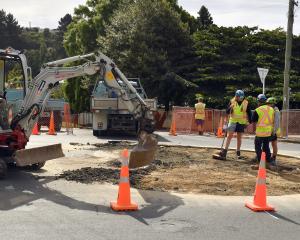A group of 1037 humans born at Dunedin’s Queen Mary Maternity Hospital 50 years ago has grown into one of the most intimately examined and passionately observed groups of people on Earth. Otago Daily Times reporter Eric Trump speaks to participants — usually hidden behind a screen of confidentiality — about a life of sharing sometimes deeply personal information to make the crucial science produced by the study possible.
The Dunedin Multidisciplinary Health and Development Study, the Dunedin Study for short, is the Great Pyramid of longitudinal studies, a staggering monument of data that has produced the most detailed study of human health in the world and will survive the people who made it.When the babies were born — between April 1, 1972 and March 31, 1973 — no-one knew researchers would track the arcs of their lives, from childhood to teenagehood to adulthood, and still be going strong today.
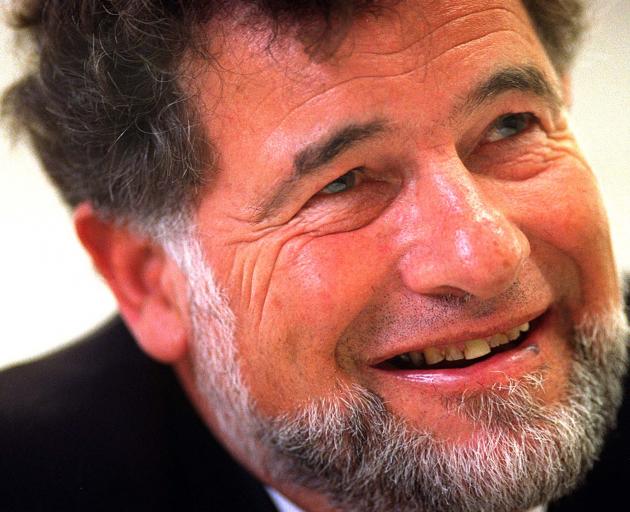
The last study assessment phase ran from April 1, 2016 to April 1, 2019. By that time, the study had produced 1100 research articles, an average of one every 13 days.
It is genuinely multidisciplinary, influencing research in psychiatry, genetics, epidemiology, and criminology, among other fields.
The Dunedin Study showed that most juvenile criminality is transient, which the American Supreme Court cited in 2005 when prohibiting the execution of young murderers.
Other research showed self-control in early childhood predicts happiness in adults.
One finding revealed that violent crime has a latent genetic basis, but an abusive childhood environment can "switch" the genes on.
A 2017 report using Dunedin Study data showed exposure of children to high levels of lead in New Zealand cities in the 1970s and 1980s produced a loss of intelligence once they were adults.
Still, as fruitful as the Dunedin Study is, it is neither the longest nor the biggest longitudinal study. The United Kingdom’s Medical Research Council, for example, ran a study with 5000 participants.
What makes the Dunedin Study special is the relationship between subjects and researchers. Every six years, an astonishing 94% of the remaining group return to Dunedin like salmon to spawning grounds from wherever they are in the world, when Dunedin Study director Prof Richie Poulton summons them.
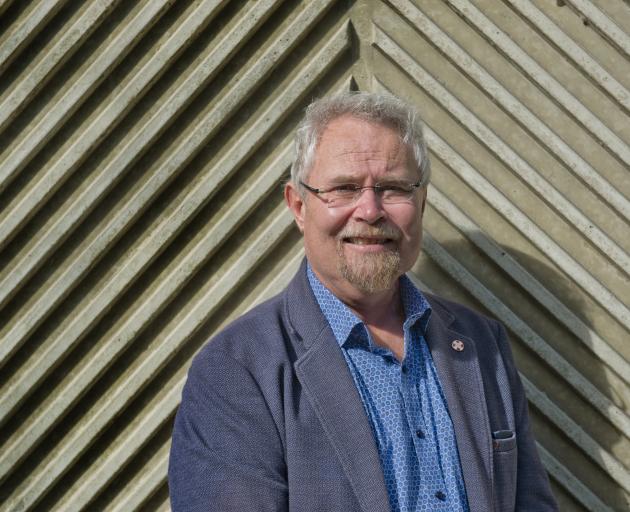
"They humble me by their commitment, the contributions they make to humanity," Prof Poulton said.
"Some of these thousand people have had terrible lives of hurt and unhappiness, but they show me courage, resilience, and dignity."
Participants’ contributions come in the form of data.
"We measure them on every conceivable thing," Prof Poulton said.
During assessments, rarely of four or more participants at a time, hours are broken into minutes, as their teeth are checked, their lungs, their hearts, their retinas, their balance. They are asked frank questions about their sex lives, drug use, and criminal behaviour.
The interrogations are gentle, but deep and broad.
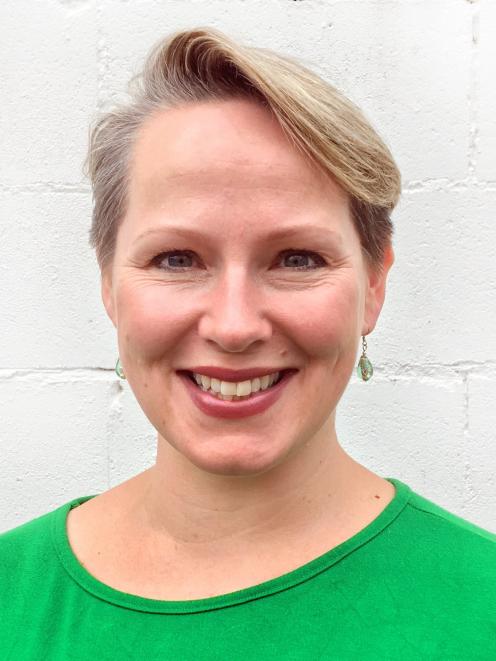
She said the Dunedin Study has come a long way since it started at Knox Church. She saw it evolve from eye exams and reflex hammers to functional MRI machines and 3-D dental scans.
Every time she visited for an assessment she glimpsed her timeline again.
"They bring out what looks like a scroll with differently coloured inks.
"That’s my life," she said.
Ms Duncan said for one day every six years she visited Dunedin and thought about her life.
In earlier years, tests and questions centred on her increasing strength and agility, or about illicit drug use and frequency of sex.
Lately, they have focused on ageing.
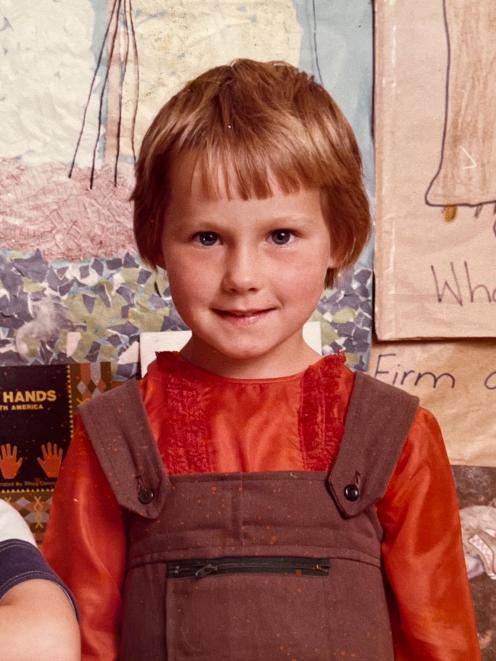
"I can’t pretend I’m not on the down side of the bell curve," she said.
This sense of diminishment may have been accentuated recently when the Dunedin Study gently requested participants’ bodies after death for a final assessment.
Still, Ms Duncan described the study as affirmation of what a great life she had had so far.
Another participant from Auckland lived abroad for eight years.
"It was and is a privilege for me to be in the Study, and how great to be flown back to Dunedin and see family for free!
"When I was little, the stickers helped a lot," she said.
The participant compared the Dunedin Study’s research space, in Anzac Ave, to a doctor’s office or a confessional.
"I fill them in on the emotional things that have happened to me, like my miscarriage.
"Since I am just a number in an archive, it’s easier to talk," she said.
This participant also reflected that the study made her aware of her mortality.
"I want to hang in there as long as I can, be the last one standing," she said.
Another participant living in New Zealand saw his visits as a chance to reunite with friends also in the study.
He said trust and respect flowed between staff and subjects.
"I’ve seen generations of teams, and all are diligent and respectful," he said.
He said he did not choose to be studied, but was glad he was in it.
"I know I am a small part of the data, but a lot has to go into even a minor breakthrough," he said.
Some moments transcended the data collection, he said.
He remembered researchers filming him as he played a game with his mother.Years later, they filmed him playing with his son.
When asked if they altered their behaviour because they knew they would be observed every few years, the participants had different answers.
"You are aware of yourself as a person moving in time," Ms Duncan said.
Another said she could not abide questionnaires unless they were part of the Dunedin Study.
Another said he tried to have clean teeth if called back to Dunedin.
Cohort and assessment manager Sean Hogan knows every member of the study.
He has been responsible for their pastoral care since 2003.
"I make sense of my life in terms of the Dunedin Study.
"The people in the study are a gift to New Zealand and the world," he said.
Mr Hogan said there were 994 participants still living.
"When one dies it's like losing family.
"They can’t be celebrated or acknowledged because of our strict anonymity policy," he said.
He has visited participants in prison, care homes, and hospitals.
One died two months after her final Dunedin Study assessment.
"A prisoner told me he hadn’t done much with his life, but he had done this," Mr Hogan said.
Clarification: As part of the University of Otago's Dunedin Study, there has been no formal request for participants' bodies after death for a final assessment.
Rather, there had been an initial, informal exploratory conversation with a small number of participants to assess whether thIs was even a possibility.
Study Director Professor Richie Poulton said this was to garner initial feedback for more detailed deliberations as to whether this was something the Study would consider doing.
Comments
I am a proud member of the study and have travelled from all corners of the earth to hear Sean Hogan's Dad jokes. It's an extremely professionally run outfit and I know they all genuinely appreciate our contributions over the years. Looking forward to being a part of the family for many years to come... Cheers Richie and the team at the Dunedin study










